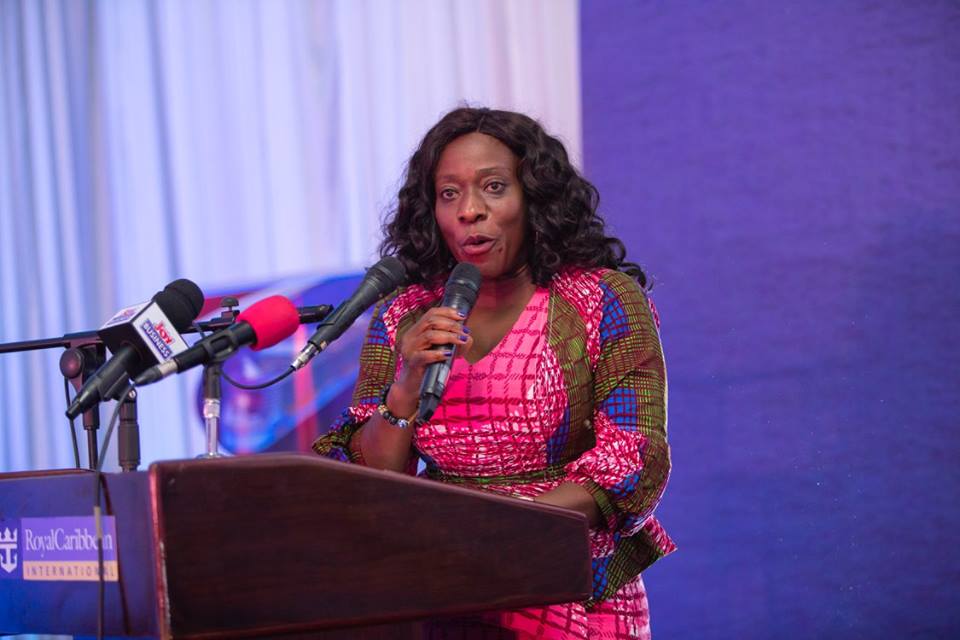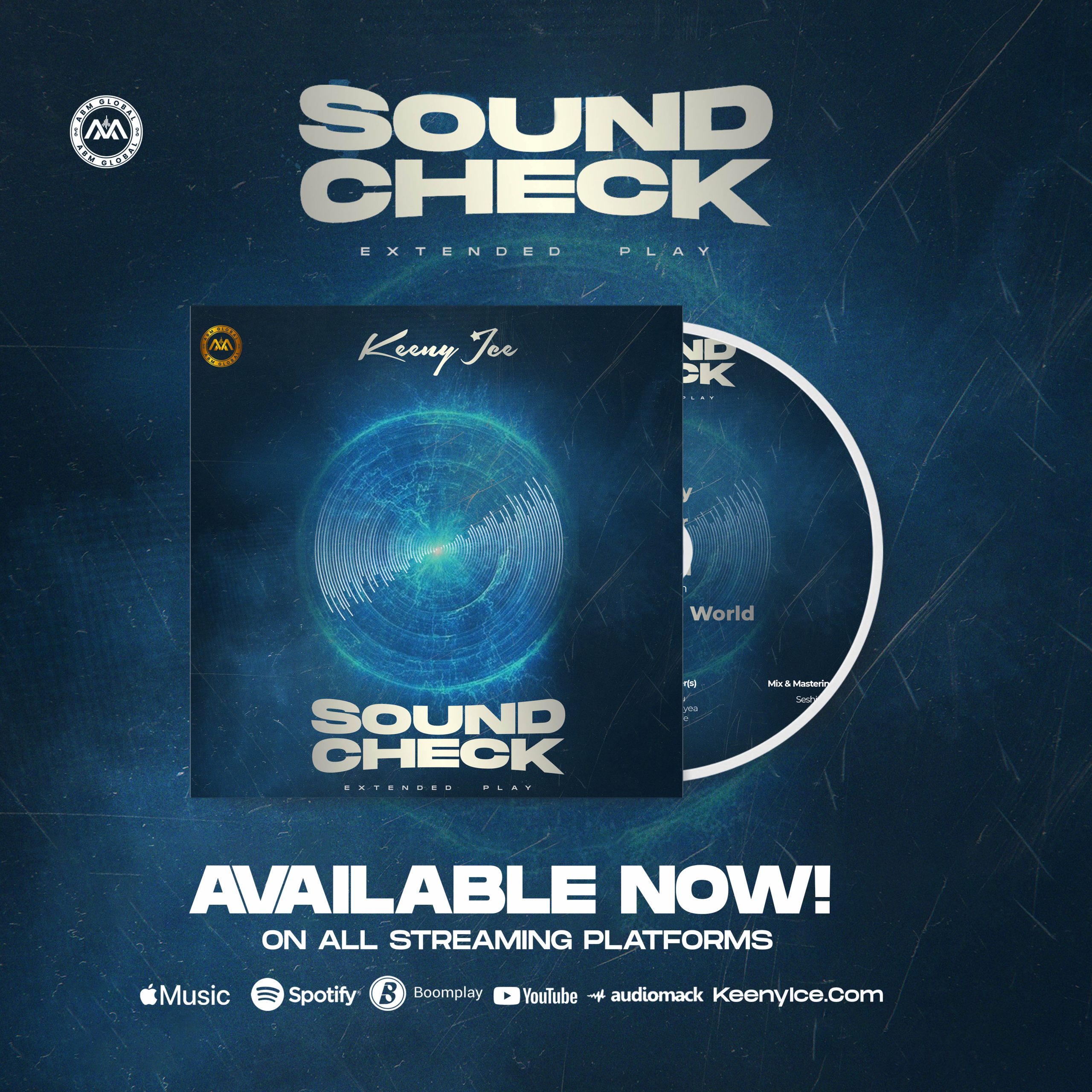During the interaction, the minister briefed the media on the various projects and programmes being implemented by the ministry and the accompanying challenges since she assumed office in February 2017.
Support for creative arts
Mrs Afeku said it was the first time that the tourism sector had been supported by the World Bank, after incessant interventions by the Ministry of Finance.
She said the United Nations Development Programme (UNDP) had supported the ministry to implement sector development projects but that did not benefit the creative arts industry because it was not part of the ministry at the time the support came.
“So this World Bank support will ensure that the creative arts sector is involved in the development plan of the ministry and we will focus on fostering intersectional stakeholder linkages and coordination.
“This will help build capacity and create skills in the hospitality, tourism and the creative arts sectors, as well as engage in beach sanitation and commercialisation of tourist attractions,” she added.
She said the ministry intended to promote the creative arts industry, hence the need to establish the Creative Arts Council to conduct research and analysis of data to inform the policies and programmes that needed budgetary support to boost the industry.
Mrs Afeku said budgetary allocation to the ministry jumped from GH¢43 million in 2016 to GH¢75 million in 2017 and expressed the hope that the Finance Ministry would release all the funds due the ministry this year in full to enable it to implement its projects and programmes.
She said the ministry, in a bid to address financial challenges, would also partner the private sector without necessarily waiting for government allocation.
On the issue of piracy, she said in view of the increasing piracy on the market, the Judicial Service had established a commercial court to deal with those engaged in piracy offences.
“I have put together a three-member team which has legal background to fashion the measures to take and deal with those who pirate our intellectual property,” she said.
Initiatives
Mrs Afeku announced that in a bid to showcase the potential of the country’s tourist attractions, culture and creative arts locally and internationally, the ministry had secured a licence to operate a tourism television station on public-private partnership basis.
On paragliding, she said in a bid to bolster the patronage of the annual Kwahu Paragliding event, the ministry had set up the Ghana Paragliding School to train Ghanaian pilots to fly solo during the event this year and expressed the hope that the training would reduce the cost associated with bringing in foreign pilots.
On how much the tourism industry was contributing to the country’s GDP, Mrs Afeku said tourism earned Ghana $2.25 billion in 2016.
She did not disclose the figure for last year.
Travel video of the day
Tourism levy
For his part, the Chief Executive Officer of the Ghana Tourist Authority, Mr Akwasi Agyeman, said the total amount that had been collected as tourism levy from 2012 to 2017 was GH¢39,374,091.
Giving a breakdown, he said GH¢8,762,348, GH¢10,545,633 and GH¢1,675,900 were collected in 2015, 2016 and 2017, respectively. “This Tourism Development Fund is for specific purposes, such as marketing and promotion, tourism investment and capacity building. Over the years, the fund has been used for the redevelopment of the Kintampo Water Falls and capacity building,” he said.
Source: Daily graphic

